Acupuncture for Energy
Acupuncture Boosts Energy For Chronic Fatigue Patients
Researchers have found that acupuncture alleviates chronic fatigue syndrome (CFS). The application of acupuncture (manual or with warming needle moxibustion) significantly reduced physical and mental fatigue. As a result, the research team determined that acupuncture is helpful in the treatment of CFS.
Chronic fatigue syndrome (CFS) is a debilitating disorder defined by extreme fatigue which is not improved by rest and becomes worse with physical and mental activity. The symptoms of CFS include exhaustion, weakness, musculoskeletal pain, memory issues, poor concentration and insomnia.
Biomedicine has not found a cause or cure for CFS and treatment focuses on alleviating the symptoms. There are also no known lab tests or biomarkers for CFS. The following infections are considered to be risk factors for CFS: Epstein-Barr virus, human herpes virus 6, enterovirus, rubella, candida albicans, bornaviruses, mycoplasma, Ross River virus, coxiella burnetti and the human immunodeficiency virus (HIV). Patients suffering from CFS are often prescribed with sleep, antidepressants and pain relief medications.
Differential diagnostics within Traditional Chinese Medicine (TCM) categorizes CFS into various treatable patterns. For the first group, the researchers chose acupuncture points best suited for the treatment of CFS based on the TCM theory. A second group received warm needle acupuncture with moxibustion. The third and final group was used to test for acupuncture point specificity. In order to test the acupuncture point specificity, points were selected nearby, but one to two centimeters away from the exact acupuncture locations. This approach differs from high quality sham acupuncture testing for the placebo effect. In this form of testing, needles only appear to penetrate the skin. In the “nearby point” group, the researchers applied acupuncture needling, however, not in the precise locations.
Needling was applied daily for each group for 20 days. During the trial, CFS was evaluated based on the Chalder Fatigue Scale which is a questionnaire used to measure the extent and severity of fatigue. The “nearby point” group demonstrated improvements in the physical score. Both the manual acupuncture and warm needle moxibustion groups demonstrated substantial improvements in their physical and mental fatigue scores. The physical score was significantly better in the warm needle acupuncture group when compared to the others.
These results point to the warm needle moxibustion treatment being the most effective for CFS. Surprisingly, CFS responded positively to the “nearby point” acupuncture for physical issues when the points are within 1 - 2 cm of the true acupuncture point.
This testing has been met with great scrutiny because the TCM theory states that the “nearby points” may be stimulating relevant acupuncture channels. Regardless, the study was able to obtain clinical results with three different clinical protocols. The profound success found in warm needle moxibustion encourages additional research into the approach.
A similar study found that acupuncture was 80% effective treating CFS. Additionally, when interferential current therapy was added to the treatment, the effective rating increased to 93.3%. Traditional acupuncture protocols had a 20% total recovery rate after administering 20 treatments for CFS patients. Including interferential current therapy (ICT) in the treatment helped increase the total recovery rate to 43.3%. The researchers concluded that acupuncture can offer a remarkable treatment solution for CFS patients.
Enjoy Even More Articles on Acupuncture Chicago Loop and how we can help :
- Acupuncture for Sleeping
- Acupuncture for Smoking
- Acupuncture for Allergies
- Acupuncture for Arthritis
- Acupuncture for Depression
- Acupuncture for Energy
- Acupuncture for Stress & Anxiety
- Acupuncture for Vertigo
- Acupuncture for Acne
- Acupuncture for Drug and Alcohol Addiction
- Acupuncture for Sciatica
- Acupuncture for Neck pain
- Acupuncture for Plantar Fasciitis
- Acupuncture for Carpal Tunnel
- Acupuncture for Knee Pain
Services We Offer : Conveniently Located in the Chicago Loop
Sunae Son, L.Ac, M.S.O.M. has spent much of her life exploring and researching western and eastern medicines, combining these practices over a decade of field and laboratory studies into mindful patient care in acupuncture and Traditional Chinese Medicine.




